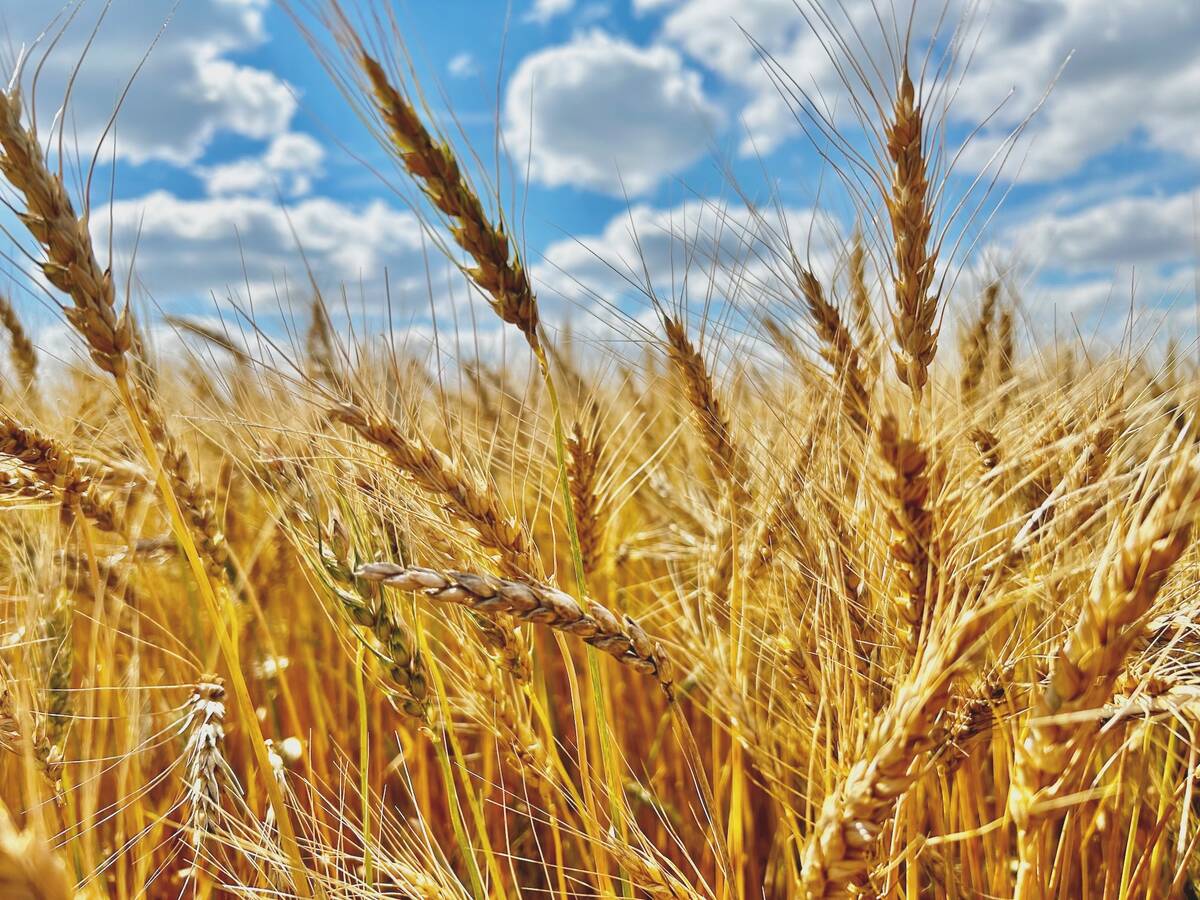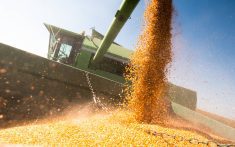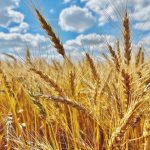Chicago | Reuters—Chicago Board of Trade corn and soybean futures rose on improved U.S. export demand, analysts said, as the Department of Agriculture confirmed more sales on Monday.
Low crop prices have boosted export sales as massive U.S. harvests increase available supplies. Grain merchants have also raced to ship out a record-large soy crop amid fears of renewed trade tensions with top-importer China.
Exporters struck deals to sell 150,000 metric tons of U.S. corn to Mexico; 120,000 metric tons of U.S. corn to unknown buyers; and 132,000 metric tons of U.S. soybeans to unknown buyers, the U.S. Department of Agriculture said in a daily reporting system.
Read Also

Prairie CWRS wheat bids rise with U.S. futures
Canada Western Red Spring wheat bids were higher during the week ended Feb. 24, as a rally in the United States futures provided support.
Traders will watch to see whether USDA raises its estimates for U.S. export demand in a monthly crop report on Friday, following a flurry of daily sales announcements.
Commodity brokerage StoneX lowered its U.S. corn and soy output estimates ahead of USDA’s report.
Most actively traded CBOT corn futures Cv1 ended up 2 cents at $4.16-1/2 per bushel, while soybeans Sv1 rose 3-1/2 cents to $9.97-1/4 per bushel.
Gains in soy futures are selling opportunities due to ample supplies, according to some traders. The re-election of Donald Trump as U.S. president on Tuesday could imperil Chinese demand, they added.
“Like all financial markets, the grain market in the United States is waiting for the presidential election in the United States,” Argus analysts said in a note.
“The possible return of the ‘trade war’ between the United States and China animates the discussions.”
CBOT wheat Wv1 closed up 3/4-cent at $5.68-3/4 per bushel.
The condition of the U.S. winter wheat crop is rated 41 per cent good-to-excellent, up from a week ago but the second lowest on record for this time of year, according to USDA data issued after grain trading ended.
Rains have eased concerns about dryness hurting recently planted wheat in the Plains.
—Reporting by Tom Polansek in Chicago, Peter Hobson in Canberra and Michael Hogan in Hamburg















